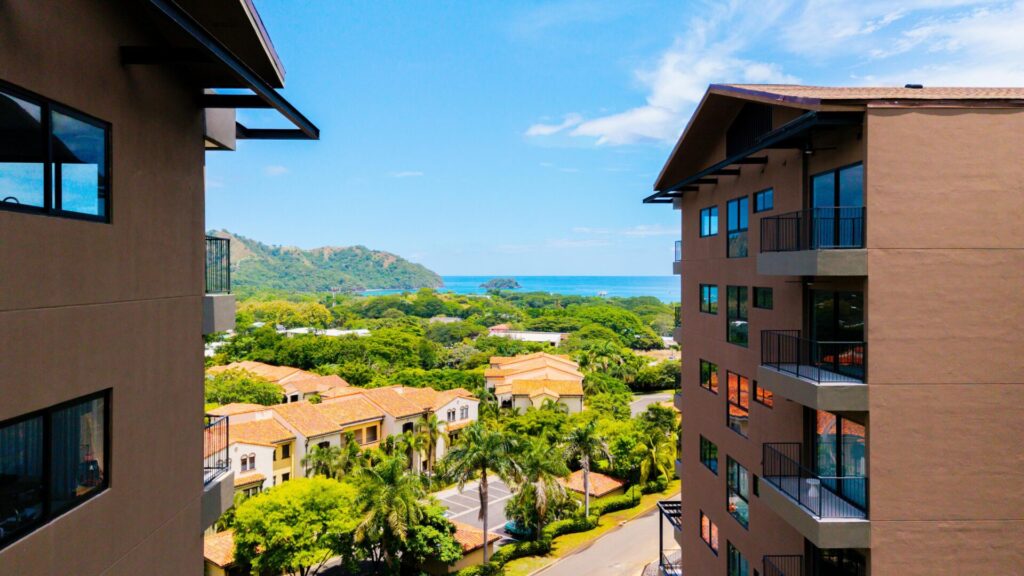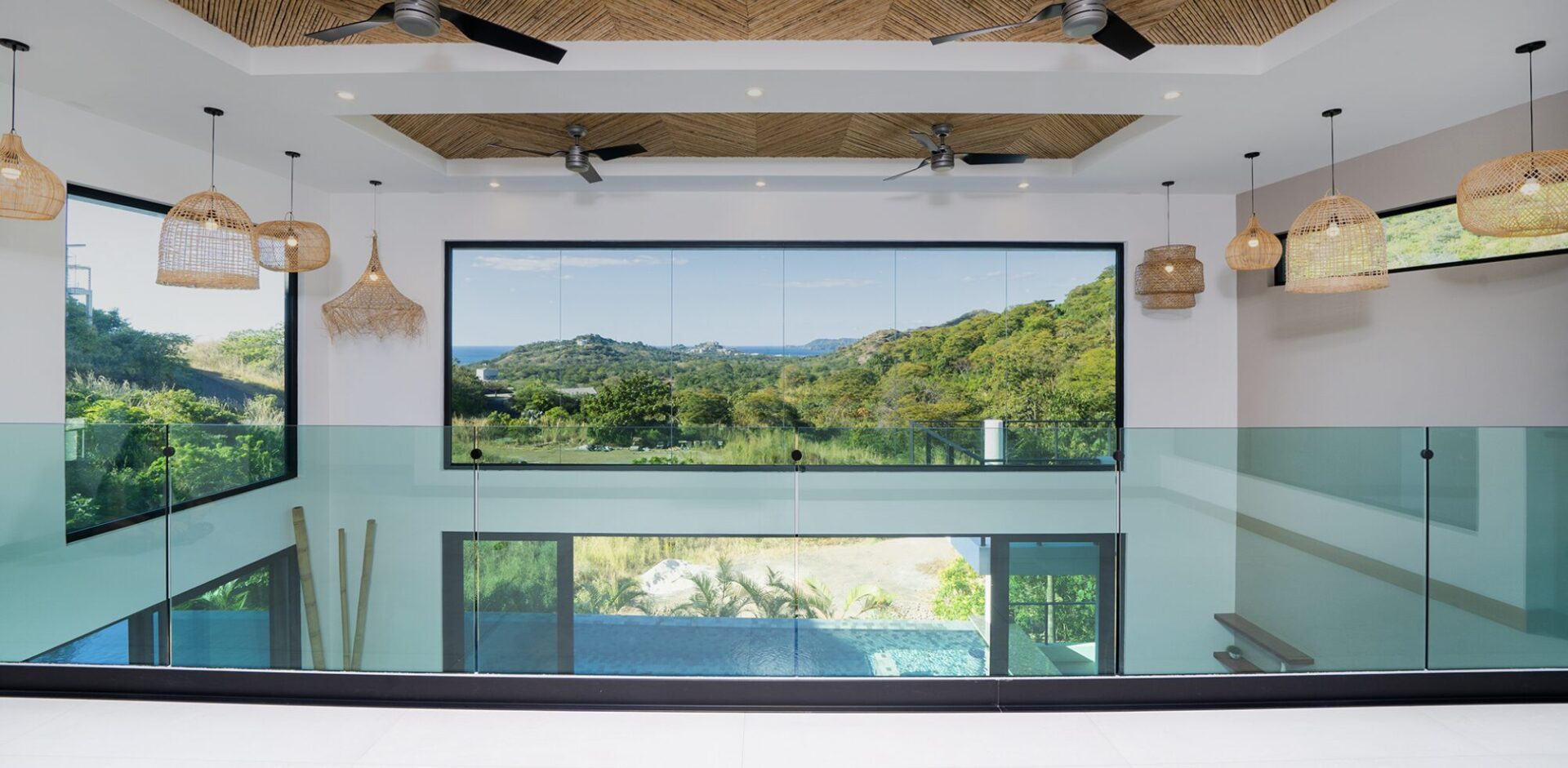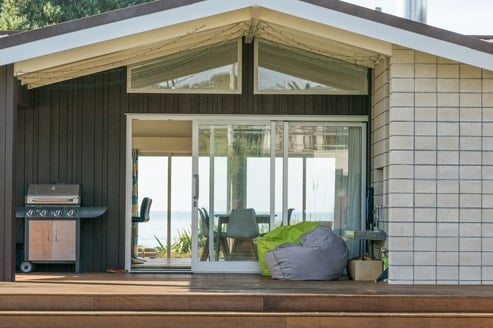Buying a home in Costa Rica is an exciting venture. The country’s natural beauty and vibrant culture attract many first-time buyers. However, the process can be complex and daunting.
Many first-time buyers make avoidable mistakes. These errors can lead to financial strain and buyer’s remorse. Understanding these pitfalls is crucial for a successful purchase.

Costa Rica’s real estate market is unique. It requires careful research and planning. Without proper guidance, buyers may face unexpected challenges.
Legal procedures in Costa Rica differ from other countries. Neglecting due diligence can result in legal issues. It’s essential to understand local laws and regulations.
Costs can quickly add up. Many buyers underestimate the total expenses involved. This includes taxes, fees, and maintenance costs.
Cultural and language barriers can complicate the process. Effective communication is key to navigating these challenges. Hiring a bilingual agent can be beneficial.
This guide will help you avoid common mistakes. With the right knowledge, you can make a smart investment in Costa Rica.
Understanding the Costa Rica Real Estate Market
Understanding the Costa Rica real estate market is crucial for any buyer. The market is diverse and dynamic, varying by region and type of property. Coastal areas often attract international buyers seeking vacation homes or rental properties.
Each region has unique characteristics and trends. For instance, the Central Valley appeals to those seeking urban living, with its cooler climate and amenities. In contrast, the beaches attract those looking for a more laid-back lifestyle.
Here are some key aspects to consider:
- Regional Differences: Property types and prices vary greatly by location.
- Market Trends: Keep an eye on demand shifts, especially in popular areas.
- Property Types: Know the difference between condos, homes, and land.
Another aspect to consider is the economy’s impact on real estate. Factors such as tourism, foreign investment, and government policies influence market conditions. Staying informed about these trends helps in making better investment choices.
Finally, always evaluate property values and potential appreciation. Knowing what factors drive property prices can help you make a sound investment. A well-informed buyer is more likely to succeed in this vibrant market.
Mistake 1: Skipping Proper Research
Skipping research is a major pitfall for first-time buyers in Costa Rica. An uninformed decision can lead to buyer’s remorse. Researching thoroughly helps in understanding both the local market and property-specific details.
Inadequate research often results in unexpected issues, such as hidden costs or legal hurdles. Without proper knowledge, buyers might also overpay. Therefore, taking time to gather information is crucial.
Consider the following research points:
- Local Market: Prices, trends, and demand in your chosen area.
- Legal Aspects: Property rights and title checks.
- Cost Factors: Total costs, including hidden fees and taxes.
Visiting multiple properties and comparing them is another essential step. This comparison helps in identifying the best value. Stay patient during this process. Rushing often results in overlooking significant details, which could adversely affect your investment in the long run. Comprehensive research protects against many common real estate pitfalls.
Mistake 2: Not Hiring a Qualified Real Estate Agent
Choosing not to hire a qualified real estate agent is another common mistake. Navigating the Costa Rican market can be complex. An experienced agent offers invaluable local insight and guidance throughout the process.
Without professional help, you might miss crucial information about the property’s background or potential issues. Agents handle negotiations, paperwork, and legalities efficiently. Their expertise helps avoid costly errors and saves time.
Key reasons to hire a real estate agent include:
- Local Expertise: Insight into market conditions and property values.
- Network Access: Connections to lawyers, inspectors, and appraisers.
- Negotiation Skills: Ensuring fair prices and terms.
When selecting an agent, verify their credentials and references. Opt for those familiar with your area of interest. A skilled agent can significantly impact the success of your property investment in Costa Rica, turning an overwhelming process into a smooth transition.
Mistake 3: Neglecting Legal Due Diligence
Legal due diligence is critical when purchasing property in Costa Rica. Many first-time buyers overlook this step, which can lead to significant legal issues. In Costa Rica, property laws differ from other countries. Understanding these laws is essential to avoid future disputes.
Ignoring legal due diligence might result in purchasing a property with existing liens or unclear ownership rights. You could face unexpected legal battles. To protect your investment, it’s crucial to verify the property’s legal status early in the process.
Key elements of legal due diligence include:
- Title Verification: Ensure the title is clear and legitimate.
- Zoning Laws: Check compliance with local zoning regulations.
- Existing Liens: Investigate any debt or obligations on the property.
Consider hiring a bilingual attorney with expertise in Costa Rican property laws. They can guide you through the legal landscape and help document the purchase properly. This ensures a secure transaction and peace of mind, allowing you to focus on enjoying your new property.
Mistake 4: Underestimating Total Costs and Fees
First-time buyers often overlook the full cost of purchasing real estate in Costa Rica. This can lead to financial strain later on. Beyond the property’s listed price, several additional costs come into play.
Buyers should be aware of taxes, legal fees, and property maintenance. These expenses can significantly add to the initial investment. Without proper budgeting, buyers might find themselves in an unexpected financial crunch.
Here are some key costs to consider:
- Transfer Taxes: Typically around 2.5% of the property’s value.
- Legal Fees: Generally range from 1.25% to 1.5%.
- Ongoing Maintenance: Varies based on property type and size.
Engaging a financial advisor can be beneficial. They can help anticipate all costs, ensuring a realistic budget. Awareness and planning are vital to avoid unpleasant surprises. Proper budgeting ensures a smoother transition into owning your Costa Rican home.
Mistake 5: Overlooking Location, Infrastructure, and Amenities
The allure of a stunning property can overshadow critical location factors. First-time buyers might overlook infrastructure and amenities, leading to later inconvenience. It’s essential to examine these elements during your property search.
Buying without investigating surrounding infrastructure can result in regrets. Determine the accessibility of roads, airports, or public transport. Check the availability of essential services like electricity and water. These are vital considerations in ensuring a comfortable living experience.
Take time to evaluate nearby amenities that affect daily life. Consider the proximity to:
- Schools: Crucial for families with children.
- Healthcare facilities: Emergency access is important.
- Grocery stores and restaurants: For convenience and lifestyle needs.
Ignoring these aspects can lead to a lifestyle mismatch. Visit the location multiple times at different hours. Understand the neighborhood dynamics to ensure long-term satisfaction. An informed decision will enhance your overall investment success.
Mistake 6: Ignoring Property Inspections and Condition
For many first-time buyers in Costa Rica, excitement can overshadow essential steps. Skipping a property inspection is one such common mistake. It’s vital to assess the condition of the property before signing on the dotted line.
Ignoring a thorough inspection could lead to unexpected repair costs. Hidden issues like foundation problems or roof leaks aren’t always visible. An inspection uncovers potential red flags that might require attention.
Engaging a professional inspector can provide peace of mind. They can thoroughly check:
- Structural integrity: Ensuring the property’s stability.
- Plumbing and electrical systems: Verifying they meet safe standards.
- Pest infestations: Checking for termites or other pests.
Conducting a detailed inspection allows buyers to make informed decisions. It may also provide negotiation leverage on the purchase price. Protect your investment by understanding every aspect of the property’s condition. Informed choices lead to long-lasting satisfaction.
Mistake 7: Not Understanding Financing and Payment Options
Understanding financing is critical when purchasing property in a foreign country. Many first-time buyers in Costa Rica may not be familiar with available financial products. This lack of knowledge can lead to costly missteps.
Costa Rica offers unique financing options tailored for international buyers. From local bank loans to seller financing, options vary. Each choice has different interest rates, terms, and conditions. Familiarize yourself with these options to avoid unexpected expenses.
It’s important to consider all payment options available. Being aware of currency exchange rates is crucial. Exchange rate fluctuations can impact the actual cost of your investment. Some financing possibilities include:
- Local bank loans: Often require substantial documentation.
- Seller financing: Offers flexibility but might have higher rates.
- Cross-border financing: Allows borrowing from your home country.
By exploring these options, you can select the one that aligns with your financial situation. Sound knowledge helps prevent future financial strain, ensuring a successful property purchase in Costa Rica.
Mistake 8: Failing to Consider Cultural and Language Barriers
Cultural nuances and language differences play a significant role in the property buying process. Many first-time buyers underestimate their impact. Misunderstandings can occur, complicating negotiations and agreements.
In Costa Rica, Spanish is the primary language. While many locals speak English, relying on this can pose risks. Key legal documents are often in Spanish, making translation necessary. Misinterpretations in vital paperwork can lead to serious issues.
Cultural differences also affect expectations and interactions. Understanding local customs can ease transactions and build trust with sellers and agents. Important aspects to consider include:
- Language translation needs: Hire professionals for key documents.
- Cultural norms: Respect local customs and traditions during negotiations.
- Bilingual assistance: Engage with a bilingual real estate agent for clarity.
Being aware of these barriers can smooth your buying journey. Addressing them proactively prevents confusion and fosters positive relationships with local stakeholders.
Mistake 9: Rushing the Buying Process
In the excitement of buying a home in Costa Rica, rushing is common. Many first-time buyers feel pressured to act quickly. However, impulsive decisions can lead to costly mistakes.
Taking time to thoroughly research and evaluate is crucial. Quick decisions increase the risk of overlooking critical details. Jumping into a purchase without comprehensive understanding can cause buyer’s remorse.
Buyers should take these steps to avoid haste:
- Visit properties multiple times: View at different times and seasons.
- Review documents carefully: Double-check contracts and legal papers.
- Seek professional advice: Consult with lawyers and seasoned real estate agents.
Patience during the buying process safeguards your investment. It allows time to evaluate all factors and make informed decisions. Proper diligence ensures you select a property that meets both immediate and future needs.
Mistake 10: Overlooking Long-Term Factors and Resale Value
First-time buyers often focus on immediate needs. Long-term considerations can be easily overlooked. However, these factors significantly impact property value.
Considering the property’s future resale value is essential. Buyers must assess market trends and economic conditions. This foresight can prevent financial loss if relocation becomes necessary.
Key long-term factors to consider include:
- Market growth potential: Is the area developing?
- Infrastructure improvements: Are there plans for new roads or amenities?
- Seasonal tourism impacts: How does tourism influence property value?
Ignoring these aspects could lead to decreased investment returns. Properties in developing areas often offer higher resale potential. Prioritizing future prospects ensures a sound investment decision.
A property in Costa Rica should be more than a home; it should be a wise investment. Ensuring long-term satisfaction requires thorough market understanding. Buyers benefit from considering not only the present but also future potentials and challenges.
How to Avoid These Mistakes: Pro Tips for First-Time Buyers
Navigating the Costa Rica real estate market can be daunting for newcomers. However, preparation and informed decision-making can prevent costly errors. A strategic approach is essential.
Begin by conducting thorough research on preferred areas. Understanding local dynamics can guide informed choices. Leverage online resources and join local forums for insights.
Consider these essential tips:
- Engage a bilingual real estate expert: They bridge cultural and language gaps.
- Perform diligent legal checks: Confirm property titles and assess legal standing.
- Set a realistic budget: Account for taxes, fees, and maintenance costs.
- Focus on the long-term vision: Prioritize areas with growth potential.
Embrace local culture to ease the transition. Engage with the community and attend local events. Establishing local contacts can provide invaluable support.
Ultimately, patience and diligence pave the way for success. Avoiding common first-time buyer mistakes ensures a rewarding property investment. With thoughtful planning, Costa Rica offers exceptional opportunities for a fulfilling experience.
Conclusion: Making a Smart Property Investment in Costa Rica
Investing in real estate in Costa Rica can be highly rewarding. It offers a unique blend of beautiful landscapes and potential returns. However, it’s vital to approach the process thoughtfully.
Avoiding common first-time buyer mistakes is key to success. By conducting thorough research and understanding the local market, you’ll make informed choices. Remember, expert guidance and clear objectives will significantly ease your purchasing journey. In the end, a well-planned investment is likely to bring long-term satisfaction and a fulfilling living experience in the stunning surroundings of Costa Rica.




